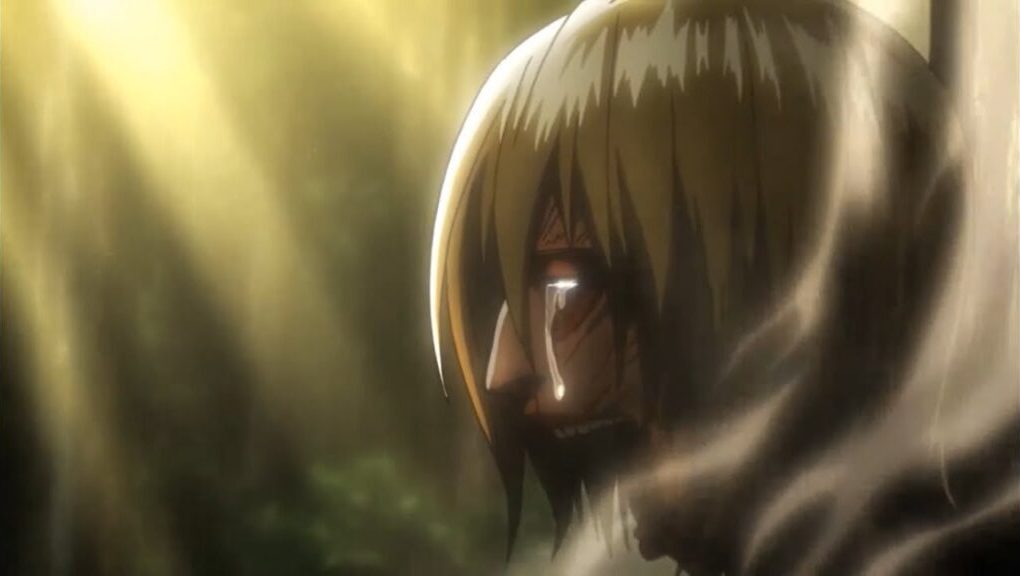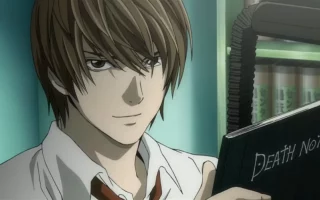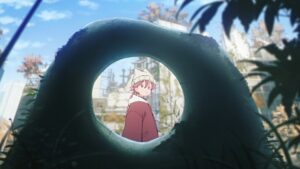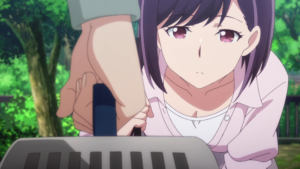What if I told you the most iconic freedom fighter in anime history… never understood freedom at all?
That Attack on Titan, the show that roared about “breaking free of the walls,” spent ten years marching toward liberation — only to chain itself to a new kind of cage?
Yeah. Let’s talk about it.
“I Was Born Into This World”
That line hit like a war drum the first time we heard it.
Eren, fists clenched, eyes burning with rage — standing at the edge of a burning world saying I will not die like livestock. It was raw. It was electric. And let’s be honest: for a hot minute, we all believed him.
But fast forward to Season 4… and that same boy who screamed for freedom becomes a man orchestrating mass murder. A man who manipulates timelines, memories, and even his own friends — all under the banner of freedom.
Here’s the kicker:
The more Eren talked about freedom, the less free he actually became.
It’s poetic in the worst way.
Stoicism Had It Right All Along
Let me bring in Marcus Aurelius for a second — yeah, the Roman emperor who wrote Meditations between battles and plague outbreaks.
He said:
“A man’s worth is no greater than the worth of his ambitions.”
Eren’s ambition? To be free — but only by destroying every obstacle in his way.
His freedom was built on elimination, not elevation. If you disagreed? You were the obstacle.
That’s not freedom. That’s domination wearing a hoodie.
Real freedom, according to stoics (and honestly, anyone who’s lived through real inner chaos), isn’t about controlling the world — it’s about not being controlled by it. Especially by rage. Especially by fear.
And Eren? He was possessed by both.
“If You Want to Save the World, You Have to Destroy It”
That’s the kind of logic that feels deep until you stop and think:
Isn’t that exactly what every tyrant has ever said?
When Eren initiates The Rumbling, it’s not just a physical genocide. It’s an ideological collapse. His entire arc says: The only way to be free is if no one else can hurt me.
Which… is basically the motto of every traumatized villain ever.
It’s giving Light Yagami. It’s giving Thanos.
But what makes Eren scarier is that the show doesn’t always condemn him.
Sometimes, it feels like it wants you to agree.
The Walls Were Never the Problem
Here’s a metaphor:
The “walls” in Attack on Titan aren’t just made of stone. They’re mental. Emotional. Cultural.
Every character is trapped by something — duty, guilt, bloodline, revenge.
Attack on Titan
But instead of dismantling those prisons, Eren just swaps one for another.
He trades Marley’s propaganda for Paradis nationalism.
He ditches being a pawn of the Titans… to become the king of annihilation.
It’s like burning down your house because the door was locked.
And look — I get it. Eren was raised in a world of carnage. But so was Armin. So was Mikasa. So were the Scouts who chose hope over hate.
Eren had other choices.
He just didn’t want them.
Also Read: How Demon Slayer Rewrote the Shonen Rulebook (and Made Everyone Else Look Lazy)
Book Break: Viktor Frankl vs. Eren Yeager
In Man’s Search for Meaning, Holocaust survivor and psychiatrist Viktor Frankl wrote:
“Everything can be taken from a man but one thing: the last of the human freedoms — to choose one’s attitude in any given set of circumstances.”
Frankl literally lived in concentration camps. He watched people lose everything — and still found meaning through compassion, sacrifice, and integrity.
Now compare that to Eren.
He had power. He had friends who would’ve died for him. And in the end… he chose genocide, because he couldn’t stand the idea of not being in control.
Frankl chose dignity with nothing.
Eren chose destruction with everything.
That’s not a hero. That’s a prisoner of his own fear.
But Isn’t That the Point?
Here’s where things get messy — and kind of genius.
Maybe Attack on Titan doesn’t get freedom wrong by accident.
Maybe it wants to show you what happens when a boy with righteous anger never stops to question it.
When “I want to be free” becomes “I want the world to look the way I demand.”
And that’s why Eren is tragic. Not because he dies. But because he never understood the freedom he died for.
He didn’t need to flatten the earth.
He just needed to heal.
So What Is Freedom, Then?
Is it the power to crush your enemies?
Or is it the courage to let go of hate, even when it burns like wildfire in your blood?
Think about it.
The freest people in Attack on Titan weren’t the ones holding Titan powers or pulling strings from the shadows. They were the ones who still chose kindness in hell. The ones who looked past walls, past flags, past bloodlines — and said:
“We can be more than this.”
Now You Tell Me:
Was Eren a slave to fate, or did he choose the cage himself?
And what does freedom actually mean in a world that keeps trying to take it from you?
Drop your thoughts below — I’ll be reading every one.




